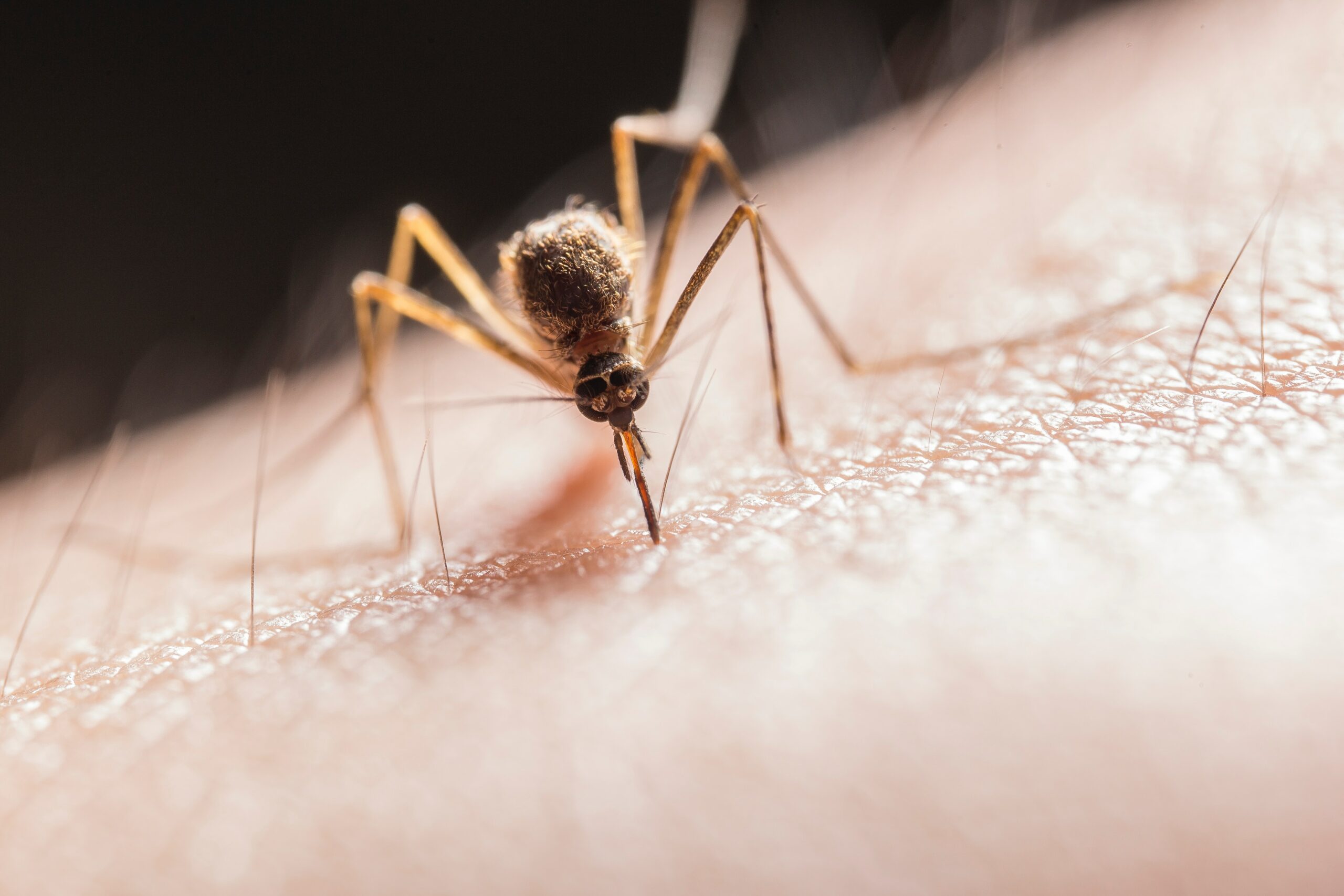
Despite their positive contributions to society such as acting as pollinators and food sources for other animals, this is outweighed by the negative contributions. They bite humans, causing skin irritation and spreading diseases to humans, pets and livestock. Mosquitoes can even infect pets with heart worm.
It has long been discussed and considered – with long meaning going back to when humans first had to contend with mosquitoes – whether some people are more appetizing to mosquitoes than other people. Well, it is very much the case that mosquitoes prefer some people to others. And mosquitoes prefer some non-human life forms to other non-human life forms. Mosquitoes also, it seems, have taste preferences that change with the seasons.
Recent scientific discovery on mosquito tastes, and likes and dislikes, are referenced in a 60-second podcast created and authored by Karen Hopkin, a science writer based in Somerville, MA, for Scientific American, which posted the podcast on its site on February 22. Here is an excerpt from the written transcript of the podcast:
“When it comes to sucking blood, mosquitos can play favorites: they show preferences for particular species or even certain individuals. At the same time, their tastes can change, depending on the circumstances. One species of skeeter in California, for example, has a fondness in summer for robins, but will settle for mammals once the birds head south for the winter.”
Mosquitoes sense danger, as noted in the podcast, in that they pick up on an aroma tied to vibrations people make when swatting a pest insect. Mosquitoes learn to stay clear of the swatter. Who knew? Maybe that hand attack on the mosquito does some good. Please click here to be taken to a page at the Scientific American site where you can find the link to Ms. Hopkin’s podcast, titled, “Mosquitoes Learn the Smell of Danger” – as well as the complete transcript of the podcast.

Back on December 18, 2016, an interesting article on mosquitoes and their motivation for seeking out certain humans – and which featured research done at Johns Hopkins University that was published in the October 2016 issue of the scientific journal Nature Communications – was published in the Baltimore Sun. As described in the story, written by Baltimore Sun reporter Carrie Wells, the research suggests “that mosquitoes are experiencing different flavors when they bite humans”, and that the findings “could unlock why some humans get bitten more by mosquitoes than others, potentially leading to the development of more powerful repellents or other solutions.” Clicking here will take you to the full story, titled, “New Johns Hopkins research may explain mow mosquitoes experience human flavor”.
Give us a call at ohDEER to schedule a spraying of our ALL NATURAL Tick & Mosquito repellant that is safe for kids, pets and nature! Our goal is for you to be able to enjoy more time outside.